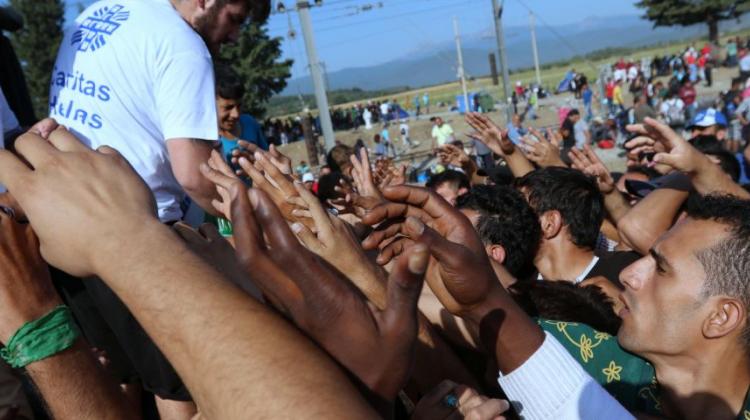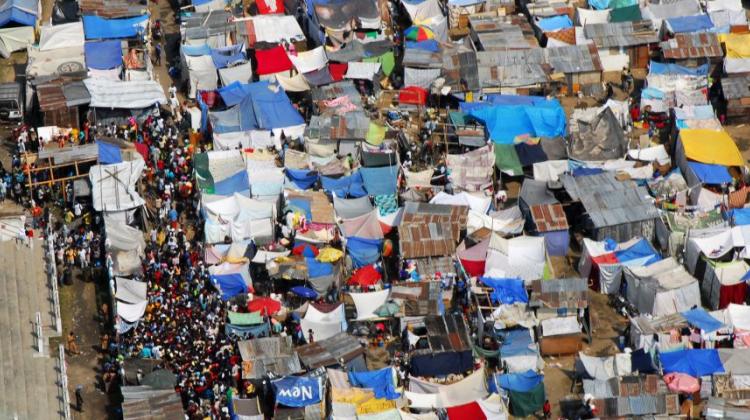Erica Caple James
Erica James is the Professor of Medical Anthropology and Urban Studies. Her work is focused on violence and trauma; philanthropy, humanitarianism, and charity; human rights, democratization, and postconflict transitions; race, gender, and culture; religion and healing, and climate change and food (in)security, especially for Haiti's cocoa farmers. Her pronouns are she, her, and hers.
Prof. Erica (as she prefers to be called in class) has an award winning first book, Democratic Insecurities: Violence, Trauma, and Intervention in Haiti, that documents the psychosocial experience of Haitian torture survivors targeted during the 1991-94 coup period. The ethnography analyzes the politics of humanitarian assistance in "post-conflict" nations making the transition to democracy and is based on her physical therapy with and accompaniment of survivors as they sought rehabilitation and reparations. This work demonstrates how postconflict transitions and political development assistance to redress democratic crises must integrate justice oriented psychosocial interventions in order to be efficacious.
Her second ethnographic book, Life at the Center: Haitians and Corporate Catholicism in Boston, analyzes the "biopolitics of charity" at a faith-based organization serving Haitian immigrants and refugees that receives federal, state, municipal, and private grant funding through Catholic Charities. The project was supported by the NIH Health Disparities Research Program.
Her third book, the edited volume Governing Gifts: Faith, Charity, and the Security State, expands this focus on the politics of charity with additional contributions from scholars tracing the impact of U.S. anti-terrorism financing laws and practices on both faith-based and secular NGOs working in the United States and globally.
Prof. Erica has two book-length manuscripts in progress: the first, The Matter of Black Lives: Race, History, and the Politics of Infrastructure in the American South, is an environmental justice autoethnography. The work documents her advocacy in Charlottesville, Virginia between 2013 and 2016 to protect historic African American properties threatened by a federally funded highway project. The project depicts fraught and ongoing struggles over race, identity and heritage, and history, its commemoration, and memorialization, in the built environment.
The second, Cocoa, Commodities, and Climate in Haiti, based on ethnographic research conducted in Haiti, France, England, Germany, Canada, and the US between 2016 and 2022, analyzes the role of USAID-funded projects to improve the yields of Haiti's smallholder cacao farmers. These producers struggle to develop and export their commodities to large and small batch international chocolate makers despite challenging domestic political and environmental climates.







